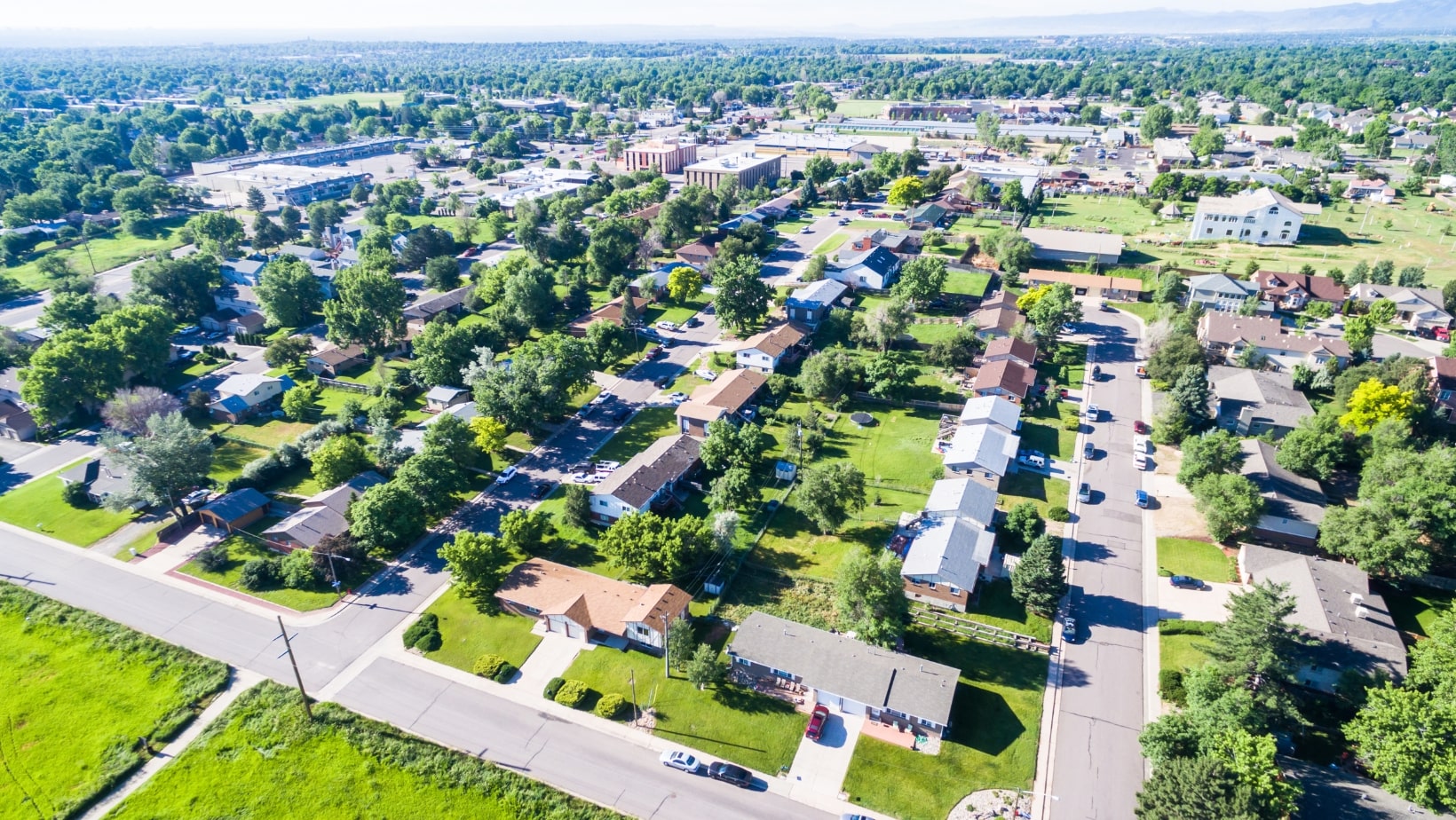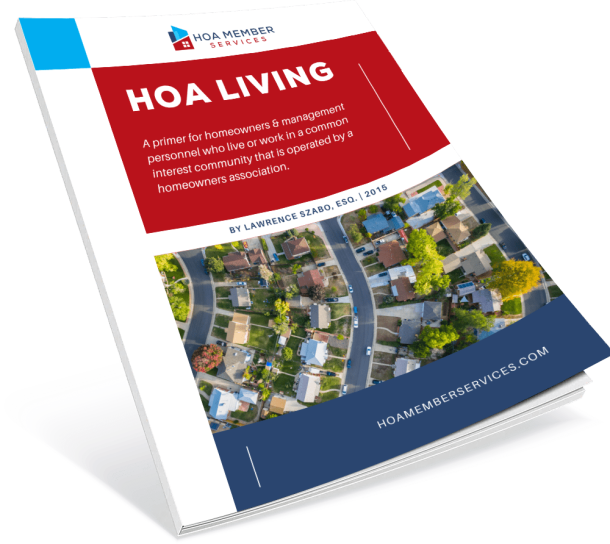Ever had a minor HOA disagreement spiral into a full-blown legal nightmare? Maybe it started with a debate over landscaping or parking, but now you’re staring down the barrel of costly attorney fees. If that sounds familiar, you’re not alone.
Attorney fees in HOA disputes can snowball fast, often outpacing the original issue itself. This leaves both homeowners and HOAs asking the million-dollar question: “Who ends up footing the bill?”
Well, the answer depends on your HOA’s rules and the dispute’s outcome. Often, the losing party pays, but some laws or bylaws shift costs regardless. Knowing these details helps you avoid financial surprises and plan smarter for HOA disputes.
In this guide, we’ll break down exactly who pays attorney fees in HOA disputes, when, and why — so you can navigate your next HOA challenge with clarity and confidence.

Common HOA Disputes
When you live in a neighborhood managed by a Homeowners Association (HOA), disputes can pop up faster than you’d think. Maybe it starts with a simple misunderstanding over a rule or an argument about who’s responsible for fixing that broken fence.
Here’s a quick look at some of the most common sparks that can ignite HOA conflicts:
- Rules Violations: Parking in the wrong spot, having a mailbox that’s the “wrong” color, or even leaving your holiday decorations up a little too long. These small infractions can lead to surprisingly big headaches.
- Maintenance Issues: Who’s responsible for repairing that shared walkway, the HOA or the homeowner? Questions like this can stir up plenty of frustration.
- Assessment Disputes: Nobody likes surprise fees, especially when the HOA says you owe more than you think is fair.
What Happens When Things Escalate:

Sometimes, these issues stay minor, but other times, misunderstandings pile up and turn into legal battles. Lawsuits over HOA conflicts might sound extreme, but they happen more often than you’d imagine — especially when emotions run high or communication breaks down.
And when things do escalate, here’s the big question: Who pays the attorney fees? That’s often the trickiest part of all. Depending on the circumstances, it could be you, the HOA, or even both sides footing hefty legal bills.
So, let’s explore the nuts and bolts of the fee structure in HOA cases to see how it all shakes out when it comes to paying the HOA attorney fees.
Understanding the Fee Structure in HOA Cases
When navigating an HOA dispute, understanding how attorney fees work is critical. Let’s face it — legal battles aren’t just emotionally draining; they can also hit your wallet hard.
So, what exactly are attorney fees, and why do they matter so much?
Simply put, attorney fees are the costs you pay for a lawyer’s expertise, time, and representation. They’re often the largest expense in any legal case, making it essential to know how they’re calculated and what you’re signing up for.
Here’s a closer look at the two most common fee structures you might encounter:
Two Common Fee Types
- Hourly Rates (Pay-as-you-go): With this approach, you’re billed for every hour your lawyer works on your case. It’s transparent but can add up quickly, especially if the case drags on.
- Contingency Fees (Only if You Win): In this setup, the attorney only gets paid if you win your case. While this might seem like a safe option, the lawyer typically takes a percentage of your settlement, so it’s not necessarily a cheaper route.
Legal Costs vs. Attorney Fees
It’s also important to separate attorney fees from other legal costs. Many people are surprised to learn that legal expenses don’t stop at hiring a lawyer. You’ll also need to account for court filing fees, the cost of expert witnesses, and other out-of-pocket expenses that can pile up fast.
By breaking down these components, you can make informed decisions about your legal strategy and avoid financial surprises along the way.
The Default Rule: Each Party Pays Their Own Fees
The default rule regarding who pays the attorney fees in an HOA dispute — or what lawyers like to call “The American Rule” — is pretty straightforward: each side pays their own way.
This means that whether you’re a homeowner or an HOA, you’re generally expected to cover your own legal costs. Let’s break it down:
The American Rule
This long-standing principle in U.S. law assumes that each party is responsible for their own legal fees, win or lose. The logic? It discourages frivolous lawsuits and ensures people can access the court system without the risk of shouldering the other side’s hefty bills.
How This Plays Out in HOA Cases
In most HOA disputes, homeowners and HOAs alike must budget for their legal representation. Whether it’s a disagreement over rule enforcement or unpaid assessments, both sides typically absorb their respective costs.
It’s a system that works well when both parties are prepared but can feel frustrating if the stakes, or emotions, are high.
This rule might feel fair at first glance, but it can also mean that pursuing or defending a case comes with significant financial pressure. That’s where exceptions to the rule, like fee-shifting provisions, start to get interesting!
So, let’s jump right into that.
Exceptions That Shift Attorney Fees
Here’s the thing: the question of “Who pays for the attorneys in HOA disputes?” doesn’t always have a simple answer. While the general rule is that each side pays its own legal fees, there are notable exceptions where the financial burden can shift.
Let’s dive into how and why this happens.
The following exceptions can significantly impact the financial stakes of an HOA dispute:
1. Fee-Shifting Clauses in Governing Documents
Many HOA governing documents (like CC&Rs) include fee-shifting clauses. Simply put, these clauses say, “If you lose this fight, you’re footing the legal bill.”
HOAs often rely on these clauses to recover their attorney fees, especially when pursuing unpaid dues or enforcing community rules. It’s a common practice, and if you’re in a dispute with your HOA, it’s worth double-checking your community’s documents.
2. Court-Ordered Attorney Fees
Sometimes, the court decides one side should pay the other’s legal fees. This can happen in cases of bad faith lawsuits — think frivolous claims or attempts to harass.
Another scenario? When one side scores a decisive win, the judge may award attorney fees to level the playing field or send a message.
3. State Laws That Intervene
In some cases, state laws step in to balance the scales. Certain states have laws that shift attorney fees to protect homeowners, especially when HOAs overreach or act unfairly.
For example, California and Florida are known for homeowner-friendly fee-shifting laws that ensure residents aren’t left bankrupt after standing up for their rights.

Key Factors That Influence Fee Responsibility
Figuring out who shoulders the attorney fees in an HOA dispute often depends on a mix of legal and practical factors. Let’s break it down:
- Who Initiates the Dispute? It’s a classic case of plaintiff versus defendant dynamics. If you’re the one filing the dispute, you might find yourself at a greater risk of paying attorney fees — especially if you lose. On the flip side, if you’re defending yourself and win, the HOA might be required to cover your legal costs.
- Outcome of the Case: Settling out of court can save everyone time, money, and headaches, often resulting in a more balanced split of fees. But if your case makes it to a court judgment, the winner usually walks away with their fees covered — though there are always exceptions.
- Court’s Discretion: Judges can make some unexpected calls here. They’ll scrutinize if the claimed costs qualify as reasonable HOA attorney fees, or if the HOA is trying to sneak in inflated or unnecessary charges. Fairness is key, but so is their interpretation of the law, which can tilt decisions either way.
- The Role of HOA Governing Documents: Your HOA’s rules and bylaws often contain hidden gems — or traps — about fee responsibility. Taking the time to read and understand these sections can save you from surprises down the road. These documents sometimes require the losing party to pay all legal fees, so it pays to know what you’re up against.
Understanding these factors can give you a clearer picture of how fee responsibility is decided and how to position yourself for the best outcome in your dispute.
Practical Tips for Homeowners and HOAs
Let’s face it, dealing with an HOA dispute can be tricky — and pricey. The good news? A few proactive steps can save you a lot of money and stress.
Here’s how you can keep things under control before, during, and after an HOA dispute.
Before It Gets Legal:
Nobody wants a full-blown legal battle. Whenever possible, try to resolve disputes through mediation or arbitration. These methods are not only less expensive but often faster, too.
And remember, clear communication is key! Speak openly but document everything — emails, meeting notes, and agreements. They could be lifesavers if things escalate.
Know Your Rights:
Knowledge is power. Start by reviewing your HOA’s governing documents to understand the rules and policies that apply. Then, check local laws about fee recovery in HOA disputes.
These laws can vary widely, and knowing them upfront could mean the difference between winning and covering costly attorney fees.
Prepare for the Worst:
Being prepared doesn’t just protect your wallet; it gives you peace of mind. While you hope for the best, it’s smart to prepare for a rainy day. Set aside some funds for unexpected disputes so you’re not caught off guard.
Even better, consider joining a membership program like ours, where you can get affordable, unlimited access to expert HOA legal advice whenever you need it. Whether you’re a homeowner or part of an HOA board, we can help you navigate disputes like a pro — without losing your cool or your savings.

Myths and Misconceptions About Attorney Fees in HOA Disputes
Like everything else, myths and misunderstandings abound regarding attorney fees in HOA disputes, too. These misconceptions often discourage homeowners from standing up for themselves or lead to unnecessary financial stress.
Let’s debunk a few of the most common ones:
Myth 1: “The HOA Always Wins, and Homeowners Always Pay.”
Many believe that HOAs hold all the cards, but that’s far from the truth. Courts carefully scrutinize HOA actions, especially when they overstep their authority or act in bad faith.
In some cases, homeowners have successfully defended their position and avoided paying the HOA’s legal fees altogether.
Myth 2: “If I Win, the HOA Will Automatically Pay My Legal Fees.”
Winning doesn’t necessarily mean walking away with a check for your legal bills. Unless specific laws or provisions in your state or HOA’s governing documents apply, fee recovery isn’t guaranteed. Sometimes, even a victorious homeowner ends up covering their own costs.
Myth 3: “Hiring a Lawyer is Too Expensive, So I Should Just Give In.”
Don’t let sticker shock keep you from exploring your options. Many disputes can be resolved with an affordable legal consultation or through alternative dispute resolution (ADR) methods. These approaches can save time, money, and headaches compared to prolonged court battles.
Myth 4: “Mediation or Arbitration is Pointless in Fee-Heavy Cases.”
Some assume that only a courtroom can resolve disputes involving attorney fees, but ADR methods like mediation or arbitration often cut costs dramatically. In many cases, they can help you avoid paying attorney fees altogether.
Myth 5: “My HOA Governing Documents Are Final and Can’t Be Challenged.”
HOA rules may feel like an immovable force, but they’re not immune to legal scrutiny. Governing documents can be contested, especially if they conflict with state laws or are applied in a way that’s unfair or unreasonable.
So, don’t let these myths stop you from understanding your rights and options. With the right information and approach, you might find that the path to resolution is more accessible than you thought.

The Bottom Line
The default rule for HOA disputes is that each party pays their own attorney fees, but there are important exceptions where one side might end up footing the bill for both.
This is why knowing your HOA’s governing documents and local laws is essential — they dictate how costs are allocated and can significantly impact your strategy.
There are practical steps you can take to minimize financial exposure. Understanding your rights, staying proactive, and leveraging the right resources can help you prepare for and manage these situations without unnecessary stress.
The good news? HOA disputes don’t have to be financially or emotionally overwhelming with the right support. Explore our extensive free resources and membership plans, designed to provide you with unlimited attorney access and expert advice when you need it most.
So, why face these challenges alone when peace of mind is just a click away? Become a member and take charge of your HOA disputes today.


